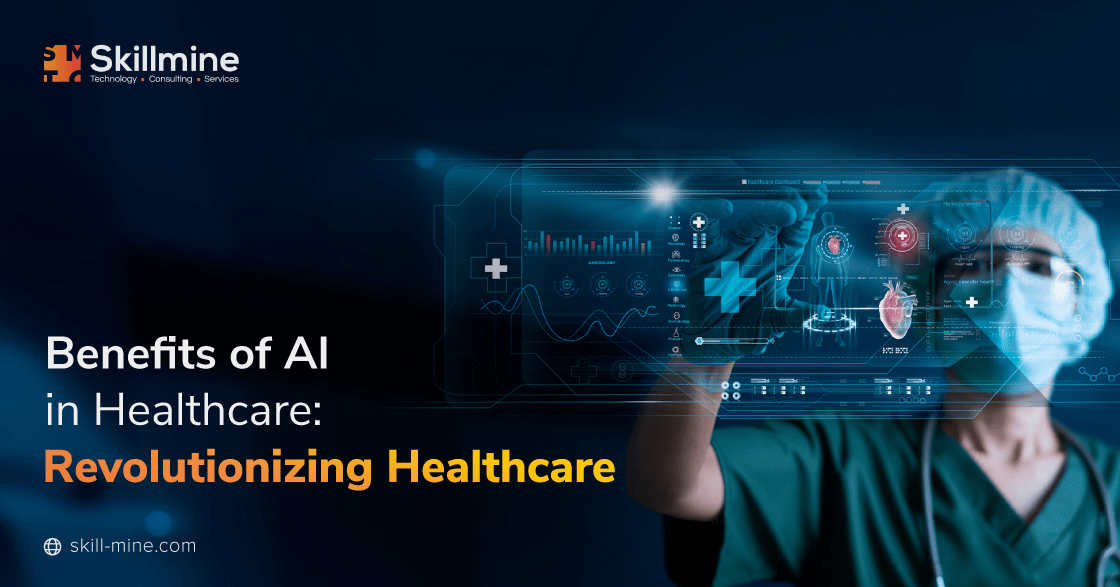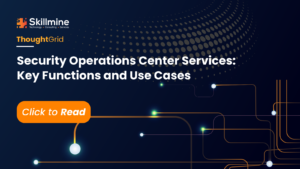The market for Artificial Intelligence in healthcare was estimated to be worth USD 10.4 billion in 2021 and is anticipated to increase at a CAGR of 38.4% from 2022 to 2030. Key factors propelling the market’s expansion are the expanding datasets of digital patient health information, rising desire for individualised treatment, and rising demand for lowering healthcare costs. Healthcare systems are increasingly adopting and integrating Artificial Intelligence (AI) and Machine Learning (ML) algorithms to precisely forecast diseases in their early stages based on past health records.
Healthcare systems extensively embraced these technologies post-COVID for the quick diagnosis and detection of various virus strains and used tailored data to enhance outbreak management.
WE NEED A SIMILAR PIE CHART, NO NEED FOR THE RIGHT-SIDE PURPLE BOX

Let’s take a look at the main benefits of AI in healthcare:
Enhances decision-making:
By utilizing the vast amount of organized and unstructured medical data from many institutions, AI-based systems can efficiently streamline diagnostic and therapeutic operations. By giving them real-time, data-driven insights that they can modify and adapt based on their unique experience, this can assist doctors at hospitals and health systems in making clinical decisions.
To quickly identify COVID-19, researchers at a leading home healthcare solutions firm built an AI algorithm that combines patients’ chest CT scans with clinical data such as symptoms, age, blood reports, and potential contact with infected individuals. Using distinct probabilities of CT images, clinical data, and both combined, the program gives a final analysis and replicates the physician procedure used to detect COVID-19. Additionally, the AI system found 68% of COVID-19-positive cases in cases where radiologists mistook them for negative ones because of the negative CT look. Infected patients can be evaluated more quickly. It can also be used to give doctors a second perspective.
Helps manage workforce better:
AI assists healthcare businesses in achieving their workforce objectives. A developing pharma company employs Natural language Processing (NLP), deep learning, and ML to extract data, match the skills of healthcare professionals to specific tasks, and assist in filling open positions, making the planning of medical staff rotation simpler and more effective. This has reduced hospitals’ time to fill each space by 90%.
Reduces costs:
AI can frequently be used to improve procedures like diagnosis and do them at a fraction of the initial cost. AI can search through millions of photographs for medical symptoms. It eliminates the expensive manual labour required. Patients receive quicker and more efficient care, which lowers the need for beds, wait periods, and admissions.
A private healthcare provider uses AI to integrate data from prescribers, pharmacies, and members into the pharmaceutical and medical claims platform. Investigators can track drug overuse and correlate a patient’s prescriptions to a diagnosis and any accompanying doctor visits. Since mid-2021, the business has avoided paying $15 million in health plan costs and recovered payments.
Enhances patient care:
Utilizing AI can assist quickly in sifting through data, obtaining reports, and promptly guiding patients to the right places and people, preventing the typical chaos in healthcare situations. Another incomparable benefit of AI technology for healthcare is that it is always accessible.
An app that serves as an interactive symptoms checker poses questions, examines the responses, and evaluates known symptoms and risk factors to deliver accurate, up-to-date medical information. This is an excellent example of using AI to enhance patient care.
CONCLUSION
By incorporating AI and ML, the current preventive healthcare situation is witnessing rapid innovation in understanding illness predisposition, pattern, and predictive diagnosis. Health systems should explore playing a more active role in AI innovation. Long-term investment in AI applications will help health systems strengthen their position in the market, generate profitable growth, engage consumers, and provide tailored customer experiences.
Looking for expert technology consulting services? Contact us today.





